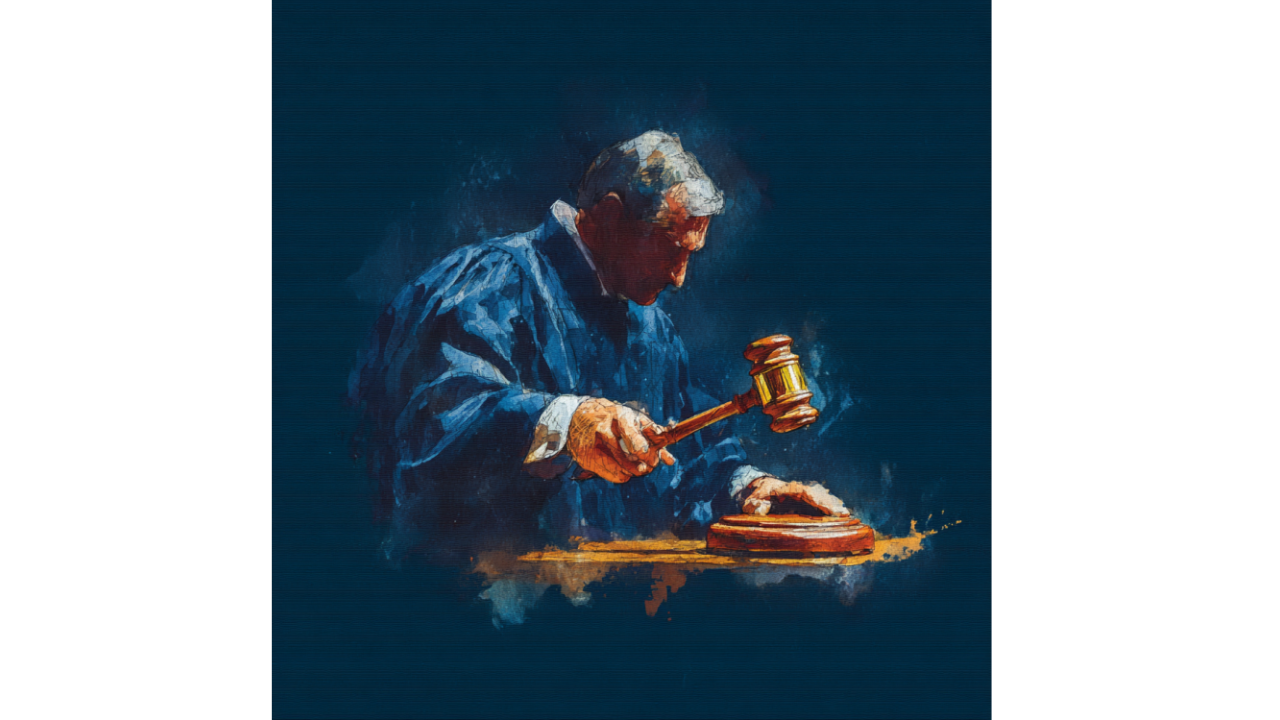1 min read
YouTube Used AI to Edit User Videos (Without Them Knowing...)
YouTube just crossed a line that should terrify anyone who cares about truth, trust, and the future of authentic content. The revelation that YouTube...
3 min read
 Writing Team
:
Sep 12, 2025 8:00:00 AM
Writing Team
:
Sep 12, 2025 8:00:00 AM

Here's a fun Silicon Valley drinking game: take a shot every time a tech executive says "fair use" while actively stealing your work. You'll be unconscious before the first congressional hearing ends.
The Atlantic's bombshell investigation isn't just another tech scandal—it's the receipt for the industry's founding crime. Over 15.8 million YouTube videos scraped without permission, feeding the insatiable hunger of AI models that now threaten to replace the very creators whose work built them. If this were a heist movie, we'd call it Ocean's Fifteen Million.
The numbers read like a venture capitalist's fever dream. OpenAI allegedly transcribed over 1 million hours of YouTube content using its Whisper tool, while Meta, Amazon, ByteDance, Snap, and Tencent joined the feeding frenzy. The scale is staggering, but the logic is simple: why negotiate licensing deals when you can just take what you need and hire lawyers later?
This isn't accidental overreach—it's strategic piracy. Internal Meta discussions allegedly considered "gathering copyrighted data from across the internet, even if that meant facing lawsuits" because "negotiating licenses with publishers, artists, musicians and the news industry would take too long". Translation: we'll steal first, apologize with settlement checks later.
The Copyright Alliance has documented how AI companies systematically reframe theft as innovation, turning fair use doctrine into their personal Get Out of Jail Free card.
Caught between its creators and Google's AI ambitions, YouTube has become a case study in corporate schizophrenia. The platform now offers creators an opt-in setting for third-party AI training—crucially defaulting to "off"—while Google continues using YouTube content to train its own Veo models. It's like installing a security system while leaving your back door wide open.
Creator Kathleen Grace, a former YouTube employee, captured the existential dread perfectly: "It makes me sad, because I was a big part of this whole creator economy, and now, it's literally being dismantled by the company that built it." When your own platform becomes the instrument of your obsolescence, the circular firing squad is complete.
The platform's reactive measures—Content ID enhancements, "captured with a camera" labels, and AI detection tools—feel like digital band-aids on a gaping wound. Meanwhile, research from MIT's Computer Science and Artificial Intelligence Laboratory shows that AI models can reproduce training data with startling accuracy, making the theft-to-competition pipeline disturbingly efficient.
The courtroom battles reveal an industry built on quicksand. Judge William Alsup's ruling in the Anthropic case perfectly illustrates the legal tightrope: AI training on legally acquired books constituted "transformative fair use," but using pirated content was "inherently, irredeemably infringing". The judge's language was particularly cutting, calling the use of shadow libraries an "original sin."
Anthropic's recent $1.5 billion settlement—paying authors roughly $3,000 per pirated book—represents the largest copyright recovery in history. But here's the kicker: Judge Alsup blasted the settlement as "nowhere close to complete" and expressed concern that class lawyers were striking deals "down the throat of authors". Even the industry's attempt at contrition is getting judicial side-eye.
The Electronic Frontier Foundation argues that fair use protections are essential for AI development, but the piracy element changes the equation entirely. When companies bypass legitimate channels to acquire training data, they're not just testing legal boundaries—they're obliterating them.
Behind every violation lies cold market calculation. The AI video generation market is projected to exceed $2.5 billion by 2032, making creator content the essential fuel for this gold rush. Google's Veo 3 model can generate video with synchronized audio, prompting CEO Demis Hassabis to declare we're "emerging from the silent era of video generation". The metaphor is apt—except this time, the studios are stealing the screenplays.
The competitive pressure is intense. Microsoft offers OpenAI's Sora for free, Google pushes Veo to subscription tiers, and even Meta, after internal setbacks, licensed Midjourney's technology to stay competitive. When everyone's racing to corner the market, ethical considerations become speed bumps rather than stop signs.
This isn't innovation—it's industrialized IP theft with a venture capital sheen. The Stanford Human-Centered AI Institute has documented how AI development often prioritizes scale over consent, but the YouTube scraping scandal makes this abstract concern concrete.
The real tragedy isn't the theft—it's the precedent. The Anthropic settlement, while historic in size, essentially functions as a "speeding ticket" for a company valued at $183 billion that just raised $13 billion. For tech giants, billion-dollar settlements aren't deterrents—they're cost of doing business.
We're witnessing the systematic dismantling of creator economics, wrapped in the language of technological progress. When former Google CEO Eric Schmidt tells Stanford students to build first and "hire lawyers to clean up the mess," he's not describing innovation—he's outlining organized crime with better PR.
The path forward requires more than opt-out buttons and content labels. It demands a fundamental reckoning with an industry that has confused disruption with theft, and transformation with exploitation. Until then, every video uploaded, every book written, and every song recorded feeds a machine designed to make its creators obsolete.
The house always wins—especially when it's built on stolen content.
Ready to protect your brand's intellectual property in the age of AI? Winsome Marketing's growth experts understand the complex intersection of content strategy, legal compliance, and competitive positioning. Let us help you build defensible content moats while maximizing AI's legitimate opportunities for your business.

1 min read
YouTube just crossed a line that should terrify anyone who cares about truth, trust, and the future of authentic content. The revelation that YouTube...

Judge William Alsup just threw a $1.5 billion curveball at Anthropic's record-breaking copyright settlement, and we're not sure if he's the hero or...

Computer scientist Randy Goebel has been running a competition for over a decade that exposes AI's most fundamental weakness in legal reasoning: it...